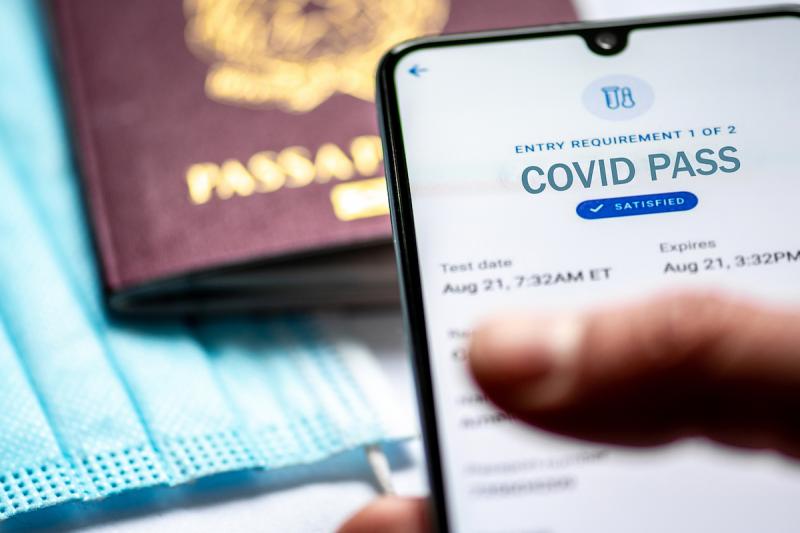On August 6, Italy introduced new restrictions in order to access an array of cultural and leisure venues. The so-called ‘Green Pass,’ a digital or paper Covid-19 certificate, which, before August 6, was only needed for travel within the European Union and to gain access to care homes and large wedding receptions, will now be required in Italy to enter museums, concerts, theaters and cinemas, sports stadiums, theme parks, indoor swimming pools, gyms, spas, sagre (open-air local fairs), other venues and large events, and to eat in indoor restaurants.
The Italian Green Pass certifies that the holder has received at least one dose of the Covid-19 vaccine since at least 15 days or that he/she has tested negative in the previous 48 hours, or that he/she has recovered from COVID-19 in the previous six months; it is valid even after a single dose of the vaccines that require two jabs (Pfizer, Moderna and AstraZeneca).
People will be required to show the Green Pass if they want table service inside a café, but the Green Pass will not be necessary if one orders and consumes at the counter. The Green Pass is also not required if sitting outside at a restaurant, but it is necessary to eat inside. For outdoor cinemas, theaters, concert halls, live music events and other entertainment events, the Green Pass will be required even if the event takes place outside.
The Italian Green Pass will be required for anyone over the age of 12 and has a duration of nine months.
So how does it work for foreign visitors?
Travelers from any country in the European Union or Schengen Zone can use their national certificates in Italy, as the European Commission has created a common platform to ensure that certificates issued by a state can be verified in all 27 EU states plus Switzerland, Iceland, Norway and Lichtenstein.
At the end of July, the Italian Health Ministry said that it would accept Covid certificates issued by health authorities in Canada, Israel, Japan, United Kingdom and the United States.
The certificate must refer to one of the four vaccines approved by the European Medicines Agency (EMA): Pfizer-BioNtech's Comirnaty, Moderna, Vaxzevria (AstraZeneca), Janssen (Johnson & Johnson).
However, some foreign visitors have reported being denied entry as there is still confusion over which documents are recognized. We recommend always checking with the venue you plan to visit or enter if your health document is accepted before making a reservation.
From September 1st, the Green Pass in Italy will also be mandatory for teachers and university students and for passengers on domestic flights, ferries and long-distance trains and buses.









